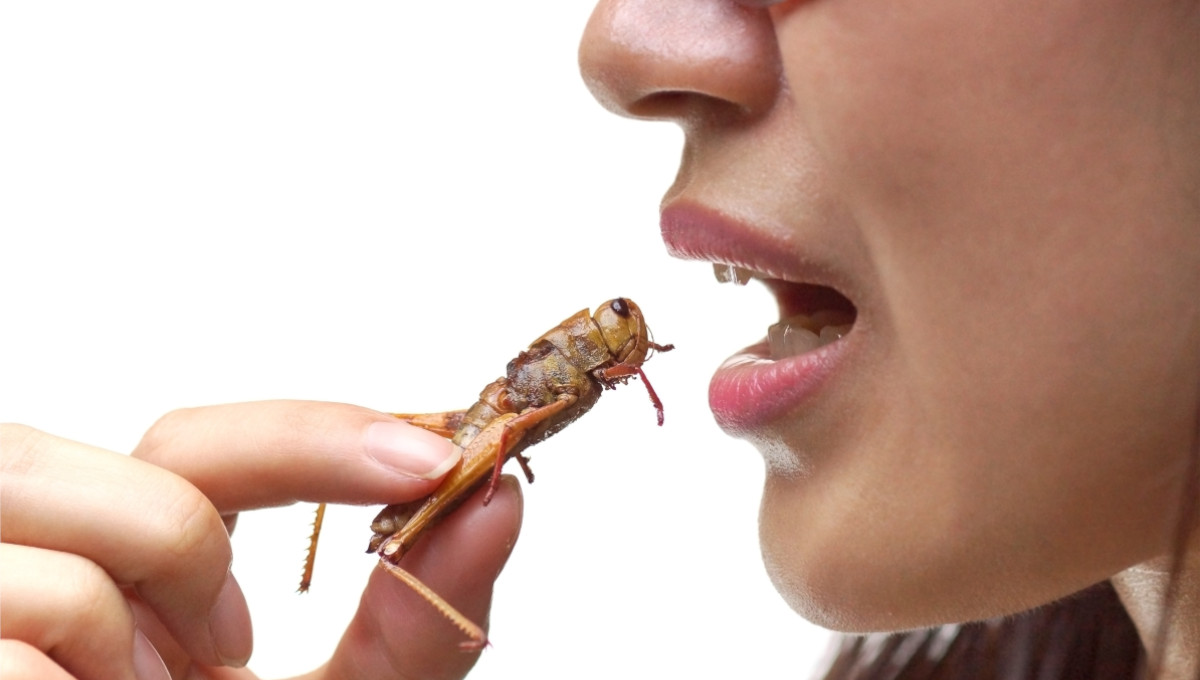The European Commission has authorized Locusta migratoria (migratory locust) as a novel food to be placed on the market.
This is the second authorization of an insect as a novel food — the first being dried yellow mealworms, which was adopted in July.
The term “migratory locust” refers to the adult Locusta migratoria, an insect species that belongs to the Acrididae family. It will be available in the form of frozen, dried and powder and is intended to be marketed as a snack or a food ingredient in a number of food products.
This authorization comes after a scientific assessment by the European Food Safety Authority (EFSA) which concluded that migratory locust is safe under the uses submitted by the applicant company.
Novel foods can only be authorized if they do not pose any risk to human health, otherwise the approval would not have been submitted by the Commission to the Member States.
EFSA concluded that the consumption of the migratory locust may potentially lead to allergic reactions. This may particularly be the case in people with pre-existing allergies to crustaceans, dust mites and molluscs. Additionally, allergens from the feed, including, may end up in the insect that is consumed.
Therefore, the authorization of this novel food clarifies this issue and lays down specific labelling requirements regarding allergenicity.
In the frozen and dried forms, legs and wings have to be removed by the food business operator to reduce the risk of intestinal constipation.
In various studies, the Food and Agriculture Organization has identified insects as a highly nutritious and healthy food source with high fat, protein, vitamin, fibre and mineral content.
Insects, which are consumed daily by millions of people on the planet, were identified under the Farm to Fork Strategy as an alternative protein source that could facilitate the shift toward a more sustainable food system.
(To sign up for a free subscription to Food Safety News, click here.)

